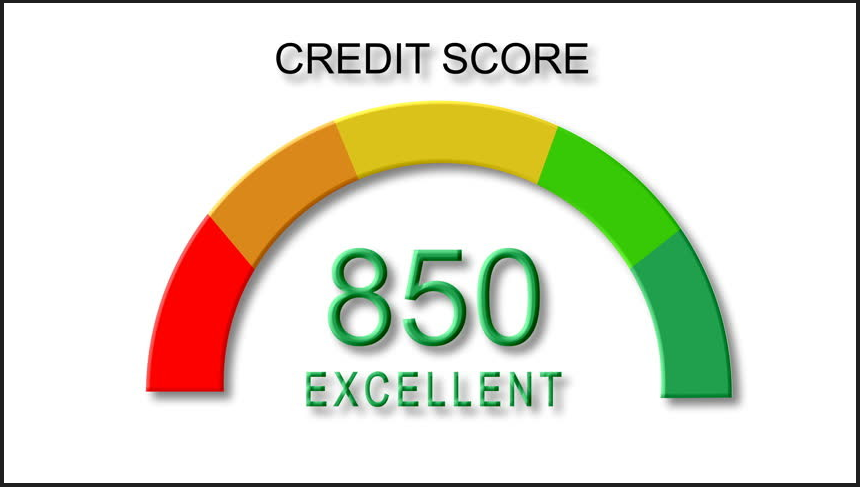Budgeting is an essential skill that helps us manage our finances effectively. Budgeting often gets a bad rap because many see it as restrictive. However, a well-planned budget actually empowers you to direct your money purposefully, rather than wondering where it went. Today I want to give you practical tips on how to start budgeting.
Before diving into different budgeting methods or how to make a budget, it’s crucial to learn about how to prioritize the six essentials: food, shelter, transportation, utilities, savings, and insurance. These should always come first in your budget.
Once you have the essentials covered, you can explore various budgeting approaches. A budget ensures that you are earning more than you spend, helping you stay out of debt. This financial stability allows you to plan for future purchases and make steady progress towards your goals.
Basic Needs: First take care of the basic needs.
1. Food
Food is a basic necessity, but it’s also an area where many people overspend. To budget for food, plan your meals in advance, make a shopping list, and stick to it. Avoid eating out too often, as it can be more expensive than cooking at home.
2. Shelter
Whether you’re paying rent or a mortgage, housing is likely one of your biggest expenses. When budgeting for shelter, consider not only the cost of rent or mortgage payments but also property taxes, homeowners or renters insurance, and maintenance costs.
3. Transport
Transport costs can include car payments, gas, insurance, maintenance, and public transportation fares. To save on transport, consider carpooling, using public transportation, biking, or walking when possible.
4. Utilities
Utilities include electricity, water, gas, internet, and phone services. To budget for utilities, monitor your usage and look for ways to reduce it. For example, you could turn off lights when you leave a room, unplug electronics when they’re not in use, or switch to a cheaper phone or internet plan.
Future Security: Saving for small emergencies and insuring against big ones comes next.
5. Savings
Saving money is crucial for future financial security. Aim to save at least 10-20% of your income each month. If this isn’t possible, save as much as you can. Even small amounts can add up over time.
6. Insurance
Insurance is an important part of any budget. It provides financial protection against unexpected events like accidents, illness, or property damage. Make sure you have adequate insurance coverage for your needs.
Essential Budgeting Tips
1. Understand Your Income
The first step in budgeting is understanding your income. This includes your salary, any side income, and passive income. Knowing how much money you have coming in each month is the foundation of your budget.
2. Track Your Expenses
Next, track your expenses. This includes everything you spend money on, from major expenses like rent and utilities to smaller ones like coffee and snacks. You can use a spreadsheet, a budgeting app, or even a simple notebook to keep track of your expenses.
3. Categorize Your Expenses
Once you’ve tracked your expenses, categorize them. This will help you see where your money is going and identify areas where you can cut back. The main categories to consider are food, shelter, transport, utilities, savings, and insurance.
Budgeting is a powerful tool that can help you take control of your finances. It may seem daunting at first, but with practice, it becomes easier. The goal of budgeting isn’t to restrict your spending but to empower you to make informed financial decisions. Start today and take the first step towards financial freedom.
Now that you understand the basics of budgeting we can explore four different approaches to budgeting to learn about effective budgeting approaches and take control of your finances today.
Mission: Help 1 person apply the information that will make them 1% better.
If you know someone that can benefit from this information…
Share it using one the buttons below:
The financial information provided on this page is for educational purposes only. I do not offer advisory or brokerage services, nor does it recommend or advise investors to buy or sell particular stocks, securities or other investments. You are responsible for all decisions you make, or any actions taken based on this content. Some of the links in this blog are affiliate links. If you make a purchase through these links, I may earn a small commission at no extra cost to you. This helps support the channel and encourages me to keep making content like this. Your support is very much appreciated. Thanks for reading and watching.

